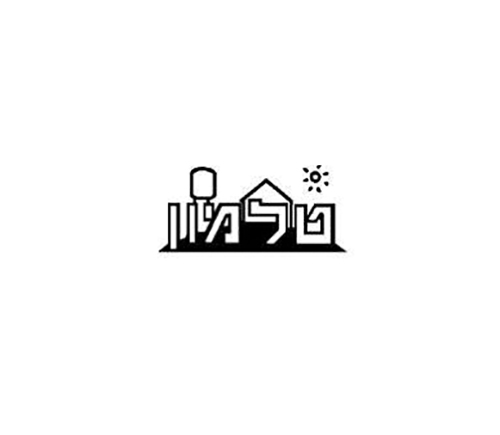
It is the evening of the third day of Swords of Iron. The women of Talmon, Israel, have spent the day cooking meals for the 70 soldiers based just outside the yishuv who need additional food. Families are collecting dry goods, toiletries and equipment for the soldiers who left their homes in a hurry and found themselves far from home without basic necessities. The youngsters are baking cookies which they are delivering to the soldiers along the roads. Tehillim is being recited by individuals and small gatherings. There is an eerie silence enveloping the community and many questions hanging in the air unanswered.
A group of women in Talmon decided to host an evening of reflection and tefillah for their female friends who are holding together households in the absence of husbands, sons and even grandsons. They met at the home of a resident whose husband and five sons serve in elite units of the IDF and were called up among the first on Shabbat morning.
Glancing around the salon at the approximately 50 women assembled, it was apparent that the gathering included all ages, from young newlyweds to grandmothers, all praying for the safety of their soldiers. This reserve call-up was the largest in the IDF’s history. Even young draftees were called up to free the more seasoned soldiers from basic tasks so that they could be stationed at key bases throughout the country.
The hostess began the program by asking the assembled to share their thoughts and emotions and suggest chapters of Tehillim that speak loudly and meaningfully to them during these troubling times. The first participant suggested Perek 91 as being particularly comforting to her as it assures us of God’s protection as he spreads his wings above us to protect us from the arrow slings of our enemies. She shared that her coping mechanism during the day is being busy with activities and involving her children in chesed projects for the chayalim stationed in the area. The nights are the most challenging as they present many different scenarios of “what ifs?” Her message to the women similarly coping was that in speaking to their husbands and sons, they convey optimism and hopeful messages which will raise their spirits as well as elevate their own.
Another participant shared words of encouragement that she attributed to the Lubavitcher Rebbe.The Rebbe espoused that even in the throes of troubling times, we have the obligation to work on bringing simcha into our midst, for the anticipation of the redemption through happy thoughts and prayers will help hasten its arrival. Hence, happiness should even precede the actual victory. Following up on this idea of simcha, another participant who had just sadly attended the funeral of a local young soldier who had been her student, reported emotionally that in paying tribute to their lost son and brother, the father and sister of the niftar offered uplifting melodies from the tefillot as their final tributes.
One of the earliest residents of the yishuv, an American olah, shared that she was comforted by the displaying of the blue-and-white on the Empire State Building in New York and on the Eiffel Tower in Paris, in support of the State of Israel. She expressed confidence that world opinion will be on our side in this conflict, which gives her hope for a quick and total victory.
Following each personal comment, songs expressing our connection to and reliance upon the Ribbono Shel Olam were sung in unison and harmony accompanied by a young woman on guitar. Selections such as “Ana Hashem,” “Meloch Al Kol Ha Olam,” “Ribbon Ha’Olam,” “Shomer Yisrael” and the niggun of the Baal Shem Tov created an outlet for the deep-seated emotions of the women assembled.
Among the comments offered was a reference to the Hoshanot, the tefilot which we recited on Simchat Torah during the circling of the Beit Haknesset while holding the sifreiTorah. It was noted that rather than speak of the celebration of Torah which is the focus of the day, the Hoshanot express a yearning for answers and salvation from Hashem, as in the repeated phrases “Aneinu” and “Hoshana.” The message being imparted is that even during times of great simcha, we ask for Hashem’s ear to respond to our calls for assistance.
The rabbanit of the yishuv, who herself has a son serving in the IDF, noted that the Haftarah for Shemini Atzeret/Simchat Torah is from the first chapter of sefer Yehoshua in which Hashem passes the mantle of leadership to Yehoshua, Moshe’s mentee. Three times during Hashem’s detailed instructions to Yehoshua about the steps to be taken in conquering the land, Hashem inserts words of encouragement, “Chazak Ve’Ematz”: Be strong and courageous. As we leave the intense months beginning in Elul and through Tishrei, Hashem’s parting words to us are “Be Strong,” a message as encouraging to us now as when it was conveyed to Yehoshua.
The occasional sobs and teary eyes were evidence of the need for an emotional space for the women who so stoically were “holding down the fort” during these frightening days. The evening ended with a medley of upbeat tunes from tefillot led by the younger women, including “Hoshea Et Amecha,” “Hashiveinu Hashem Alecha” and “Avinu Malkeinu.”












